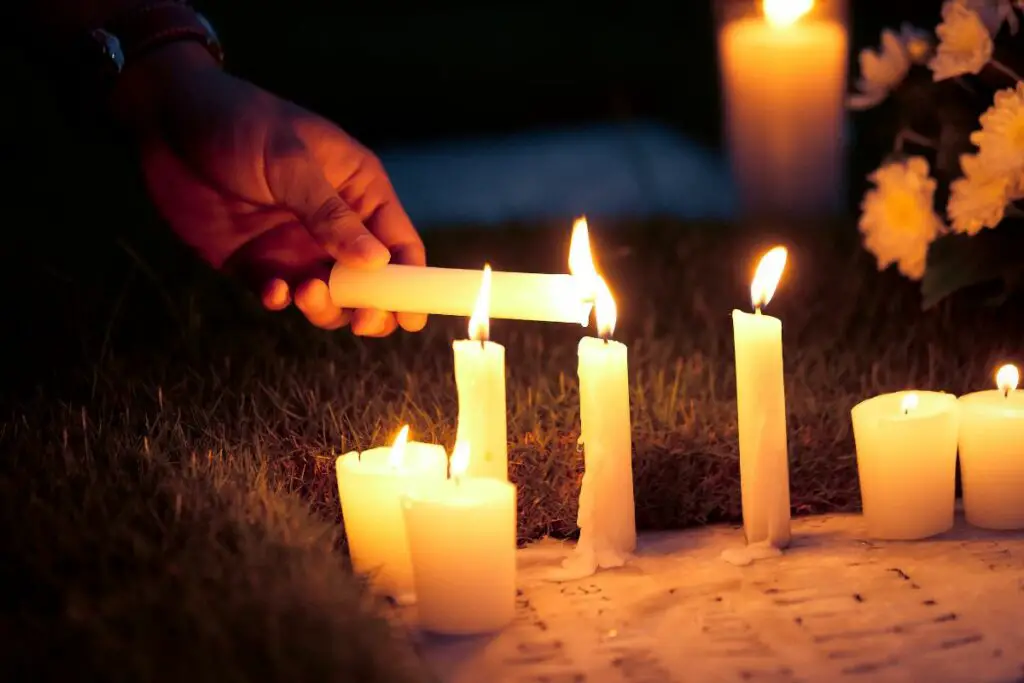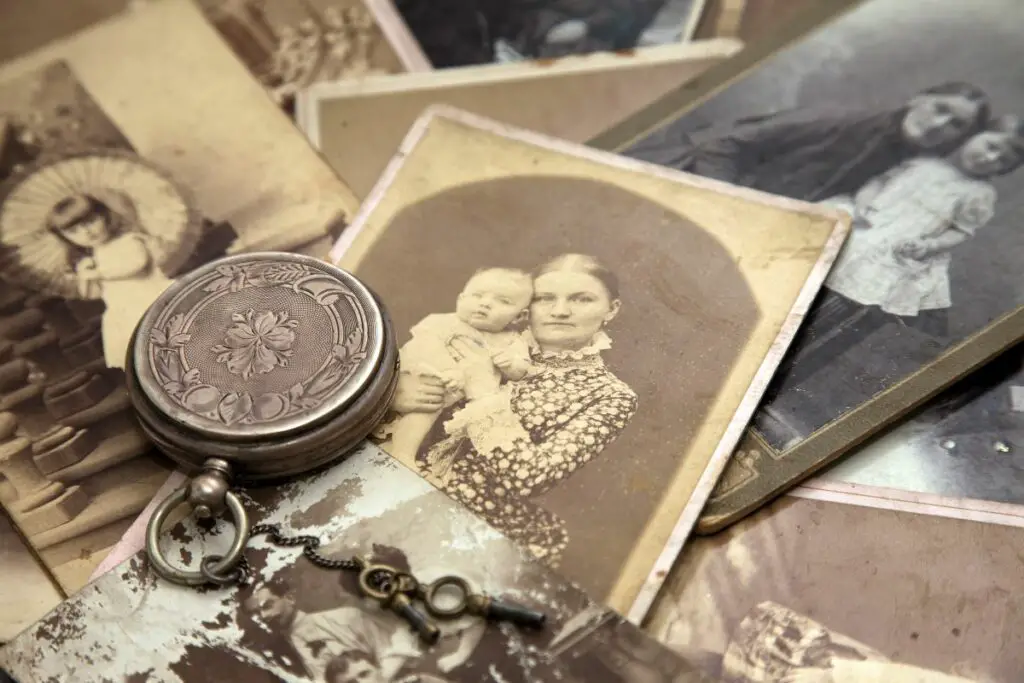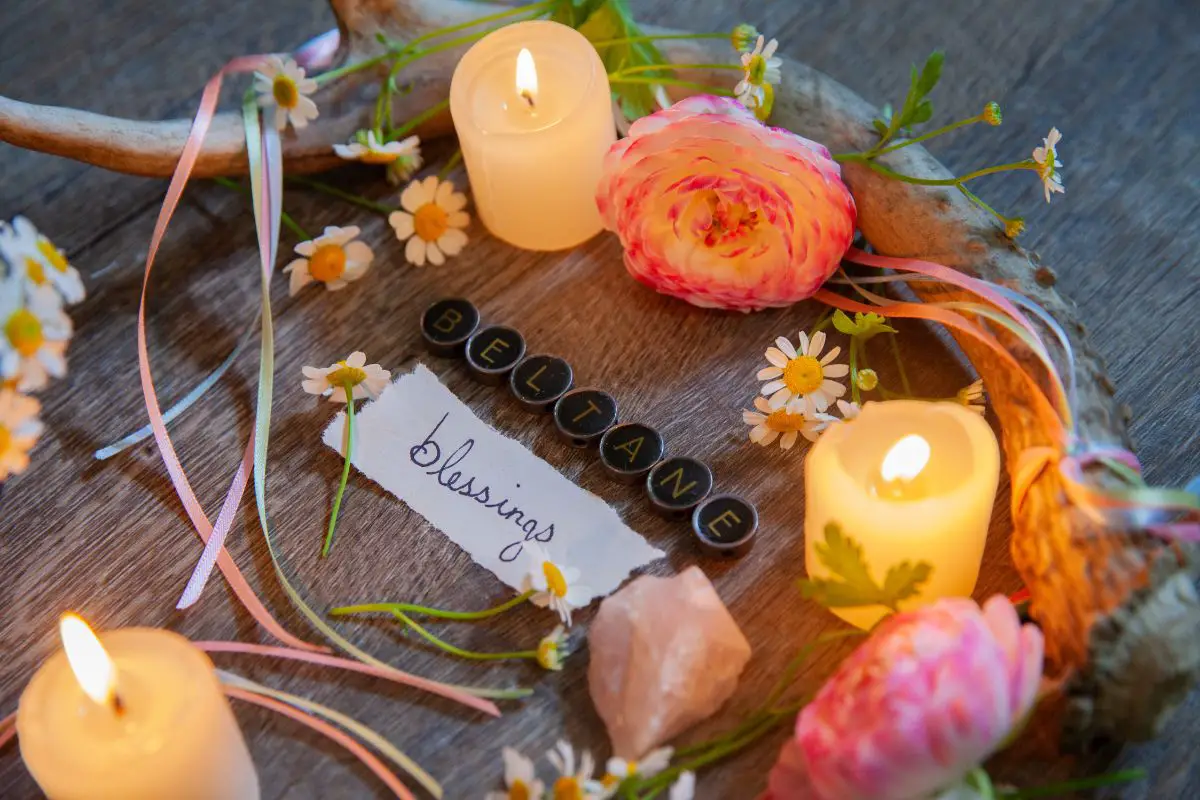Exploring the ways to connect with and honor your ancestors can provide a comforting sense of continuity and spiritual fulfillment.
Embracing the rituals and ceremonies passed down through generations enables you to pay homage to those who came before you and keeps their memory alive.
Immersing yourself in these traditions not only shows respect, but can also bring a profound sense of identity and heritage to your daily life.
Creating a sacred space for reflection, whether through meditation or prayer, allows you to foster a more intimate bond with your ancestors.
Lighting a candle during these moments can serve as a symbol for their everlasting presence and guidance in your life, facilitating a pathway for their wisdom to flow into your own existence.
These practices are rooted in the belief that a happy and honored lineage leads to blessings and positivity for you and your loved ones.
Understanding Ancestors’ Importance in Culture
Spiritual Connection
When you acknowledge your ancestors, you tap into a profound spiritual connection.
They may not be with you physically, but many believe they offer guidance and wisdom.
Honoring your ancestors is a way to cherish this relationship, keep their memory vibrant, and respect the cultural traditions that they have bequeathed to you.
Family Traditions
Engaging in Family Traditions is akin to weaving a thread that connects you to your past.
Embracing the customs and values that your ancestors held dear can deepen your sense of self and honor the lineage you come from.
- Connect with Elders: Spend time with your older family members. Their stories are living history, and in them, you can find your ancestors’ wisdom and strength.
- Celebrate Culturally: Whether through participating in community events or creating personal family rituals, these actions are a salute to your ancestors and a testament to their enduring impact.
- Discover your Roots: Dive into your family’s past with tools like FamilySearch, tracing the journeys that have shaped you, connecting you to generations before, and preserving this legacy for those who follow.
Showing Respect and Gratitude
Offerings and Altars
You can create a sacred space for your ancestors in your home with an altar.
Choose a special area where you’ll place items that carry your personal history, like photographs and heirlooms.
Here’s a simple guide to what you might include:
- Photographs and Heirlooms: A connection to your past, full of memories.
- Food and Drinks: Their favorite snacks or beverages as a treat from you to them.
- Candles and Incense: For a peaceful ambiance and aromatic homage.
- Natural Elements: Flowers to beautify the space.
Refresh these items often to maintain the honor and the connection.
Family Gatherings
Bond with your relatives and remember those who came before you by organizing family gatherings.
Include activities to make these meetings special:
- Storytelling: Narrate the adventures and legacies left by your ancestors.
- Cultural Traditions: Embrace the customs integral to your heritage.
- Cooking: Prepare dishes they loved to serve up a taste of history.
These shared moments create a tapestry of familial love and remembrance.
Prayer and Meditation
Engage in intimate spiritual time with your ancestors through prayer and meditation.
This can include:
- Candles: Light a white candle for purity and connection.
- Prayers and Sayings: Recite what resonated with them.
- Reflection: Quietly consider the influence they’ve had on you.

Honoring Ancestors Through Family Traditions
Storytelling
Sharing your family’s past is a powerful way to honor your ancestors.
Engage family members in passing down tales of your lineage—encourage elders to share anecdotes from their lives and those of their predecessors.
You might even consider creating a family history book filled with narratives, photographs, and mementos to make these stories more tangible.
Tips for Effective Storytelling
- Start conversations with elders
- Document stories for posterity
- Include photos and artifacts
Celebrating Heritage
Immerse yourself in the traditions and customs handed down from your ancestors.
Take part in cultural and religious occasions that connect you to your roots, and honor those traditions by preparing ancestral cuisine.
Sharing these flavors within your circle sustains a sense of connection and invites cross-cultural understanding.
Simple Ways to Celebrate:
- Cook a traditional dish yearly to remember your ancestors.
- Create a heritage playlist for family gatherings.
- Organize a trip to ancestral lands to explore your family’s historical places.
Preserving Family History
Genealogy Research
Embark on a quest to uncover your family’s lineage by engaging in thorough genealogy research.
Your starting point could be the digital archives of FamilySearch or the extensive databases of Ancestry, which offer historical records to help you establish your family tree.
Keep in mind these research strategies:
- Begin with your own records and trace back through the generations.
- Actively seek out stories and recollections from older family members.
- Explore vital records, such as birth certificates, marriage licenses, and death notices.
- Delve into census data to gain more detailed insights into your ancestors’ day-to-day lives.
Remember to maintain well-organized records, either stored digitally or within high-quality physical preservation materials.
Creating Family Albums
Channel your family’s narrative into a tangible keepsake by creating a family album.
Essential tips for a lasting and meaningful album include:
- Opt for acid-free supplies for long-term preservation of precious photos and documents.
- Integrate a diverse array of content such as photographs, official papers, and unique keepsakes.
- Layout the contents either in a linear timeline or sorted by individual family lineages.
- Label each entry concisely to give clarity and context to future readers.
Consider adding varied elements to your album:
- Photographs: Capture the faces of past generations.
- Correspondence: Introduce personal anecdotes through letters.
- Newspaper excerpts: Feature milestones or historical family events.
- Culinary legacy: Keep family flavor alive with shared recipes.

Giving Back to Ancestors’ Communities
Charitable Contributions
Giving back to the community can help honor the legacy of your ancestors.
You might consider researching organizations that align with your ancestry’s cultural, geographical, or professional background.
Your donations, no matter how modest, can make an enduring impact while also paying homage to those who came before you.
Here’s how you can make meaningful contributions:
- Seek out and support charities that work to preserve traditions and languages.
- Fund education initiatives in areas connected to your family’s past.
- Donate in remembrance of an ancestor, recognizing their impact on your life.
Volunteering
Volunteering is a powerful way to express gratitude for your heritage.
By dedicating your time, you contribute to the longevity of your ancestors’ legacy within their communities.
Consider these avenues to donate your time:
- Engage with cultural organizations that resonate with your family roots.
- Lend your skills to preservation projects or genealogical research.
- Contact NGOs in your ancestral lands to explore volunteering opportunities.
Through these actions, you link your present to the past, keeping your ancestors’ memories vibrant and meaningful.
